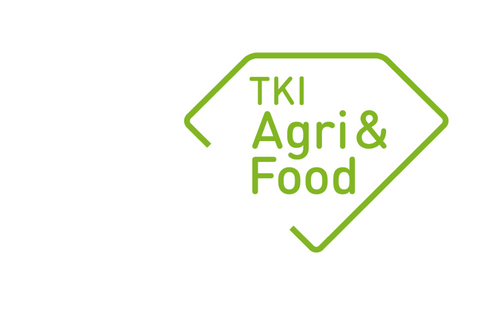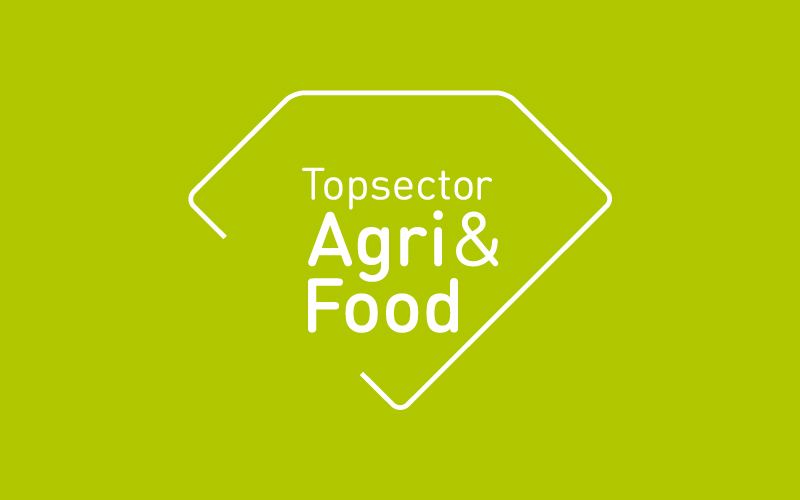Projecttitel: SIP- Food Allergy
Projectnummer: SIP-14003
Kernthema: Gezond en Veilig
Looptijd: 2015-2018
Budget publiek: € 3.885.000
Samenvatting
Food allergy and suboptimal or disturbed immune health are a major cause of concern for industry,governments and society as a whole and therefore are high on the agenda of public and private stakeholders. Impacting between 2 and 4% of the population, food allergy is one of the most widespread disorders in the western world, affecting the allergic individual and his or her family, friends and colleagues. The public health impact of food allergies is significant and the impact on quality of life can be enormous, partly because allergic reactions can be lethal. At least 50% of the food allergic individuals suffer from 1 or more unexpected allergic reactions to food once a year and this is estimated to lead to over 20.000 emergency hospital visits per year in the Netherlands.
Moreover, food allergens are one of the major causes of food incidents and product recalls (up to 40% of all food recalls are associated with allergens!), putting a major economic burden on society as a whole and food industry specifically. Adequate allergen and allergy risk management methods are lacking to solve the mentioned problems. As new alternative (sustainable) protein sources and crops with improved characteristics will appear in our diets, they bring the risk of new food allergies and cross-reactivity. No methods are currently available to assess these risks and select low risk protein (source) candidates to allow a safe introduction of innovative food products.
Today, no therapeutic or prophylactic intervention strategies for food allergy age available. Of course, the ultimate future goal would be that we will be able to cure and prevent food allergy. Fundamental science and technology have reached the stage where sufficient starting points exist to develop proper, proactive risk-assessment and risk-management methods and therapeutic and prophylactic intervention approaches. These are the fundamental precursors to approach a Food Allergy Free World by the year of 2030.
Deel dit bericht


